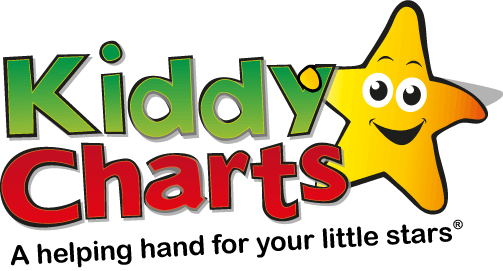Music imprints itself on the brain deeper than any other human experience…
Dr. Oliver Sacks


Music is a natural medium for each newborn human and it is an essential part of every child’s development. The development of musical ability is invaluable for the improvement of creativity and abstract and logical thinking. Music has a positive impact on the development of imagination and nonverbal communication.

Watch this video on YouTube
According to a study from Northwestern University sitting in a music class and letting the sound of music wash over kids is not enough. To fully reap the cognitive benefits of playing music, children have to be actively engaged in the music and participate in the class.
Playing music benefits a child in ways that no other activity can.
Music:
inspires creativity – whether a child is making up the lyrics to a song he or she will tap into their inner creative spirit;
enhances fine motor skills by practicing manual precision – according to research at University of Texas-Austin, a significant improvement in fine motor skills was found only for the children who received a piano lessons;
improves memory by requiring the memorization of long musical phrases – it boosts a working memory – the ability to temporarily store and use information that helps to reason, learn or complete a complex task;
increases the ability to concentrate effectively;
increases the ability to process large quantities of information at once – playing an instrument requires concentrate on things like pitch, tempo, rhythm, note duration and quality of sound at once;
improves literacy – according to Susan Hallam, a professor of education at University College London, children who take music lessons can improve their listening skills and, in turn, improve the way they process language;
boosts overall IQ – Jessica Grahn, a cognitive neuroscientist at the University of Western Ontario, noticed three points IQ growth in children who took piano les sons;
builds confidence – with music, children can express themselves, improve their skills and practice performing in front of others.
Eagerness to playing is a very powerful and natural force which drives children to experiencing new things and gaining knowledge. Music is a universal language that can be used effectively in this process. Only an engagement in the music creation process may lead a person to the full realization of his or her potential and reap the benefits of musical stimulation.


When looking for a musical toy, a high quality of the instrument should be always crucial. It is the first criterion. The second is obvious – it needs to entertain! Musicon (www.musiconclub.com) designed by Kamil Laszuk, is a great example of an educational instrument driven by fun. It encourages children to play in groups and it boosts kids’ creativity. Every child has a great potential and with the right tools we can unleash it more efficiently.

Watch this video on YouTube
While language is sometimes incomprehensible to a young child, and it divides people into groups, music is universal. It does not need language, but language needs music.
